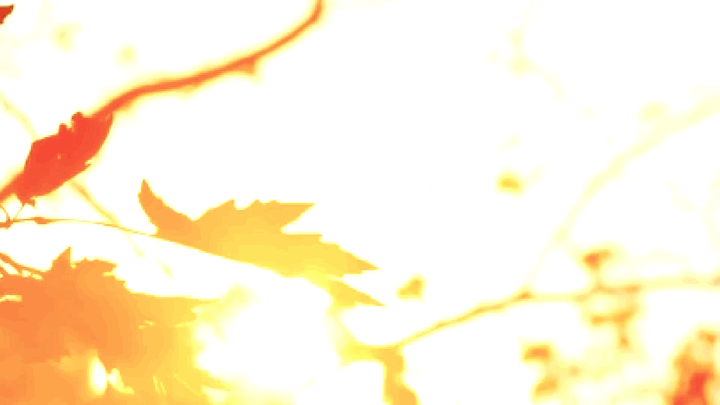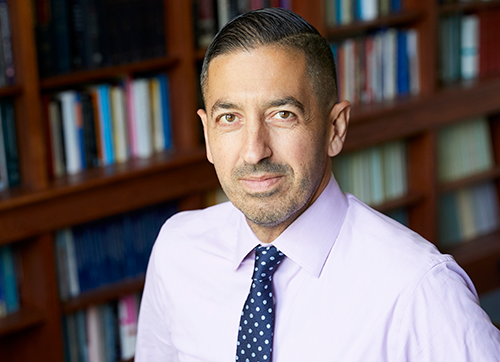Giving Thanks in Trying Times.

Giving Thanks in Trying Times
On finding reasons for gratitude in a difficult historical moment.
Next week, many of us will celebrate Thanksgiving. Those who observe the holiday will gather with loved ones to eat, drink, and reflect on the causes for gratitude in our lives. We are living at a time, however, when such reflections are not as straightforward as they might have been in the past. For those who are working in the academic public health space—or for anyone, really, who is paying attention in the present moment—it is a difficult time to give thanks. There are horrors going on in the world which are hard to reconcile with simple feelings of gratitude. They include ongoing conflicts in the Middle East, Europe, and elsewhere, continued mass shootings in the US, and structural challenges that shape health inequities in our society. These problems are worsened by a context of division that will likely intensify as we look ahead to 2024, a year with anticipated political ruptures and partisan rancor that could eclipse anything we have yet seen.
In this context, it is reasonable to ask: can we, should we, still give thanks? Is there room for marking all we have when so many have lost so much? These questions are not easily answered, nor should they be. But on reflection, I have come to believe that, yes, we always need room for giving thanks, and that doing so is not a neutral activity—feeling and expressing gratitude can ground us and provide needed reflection. It does so by anchoring us in what matters most, by reaffirming what is worth preserving even, especially, when we may feel like giving up. It is an act, a radical one, of standing up for what we believe in, which is another way of saying standing up for what we love. For these reasons, we should give thanks always, but particularly now, as we draw close to those we care about, finding in their company a microcosm of the better world we hope to create, one based on a vision of fellowship, compassion, and mutual support.
In this spirit, I will here offer three reasons for gratitude, as we look ahead to Thanksgiving.
First, I am thankful that in the context of difficult moments, we have seen a public willingness to grapple with important, challenging issues which have long gone unaddressed. Challenging times have a way of surfacing issues that perhaps we should have been discussing all along but did not. There is much that should be part of our cultural conversation but—because the topic may be uncomfortable, reflecting truths about ourselves we would rather not face—we do not give these issues the attention they deserve. Moments of challenge can bring us into direct engagement with these issues, forcing us to have the hard conversations we have deferred. While these conversations can indeed be uncomfortable, they’re often necessary for the creation of a better world. For this reason, when they occur, we can be thankful that we, as an academic community and as public health practitioners, are engaging in steps that help advance our mission. One clear example of this is the surfacing of health inequities during the COVID moment. The pandemic exposed many of the structural shortcomings that have long undermined health in this country, bringing to wider awareness these foundational issues. This has sparked new conversations about how to address these challenges, to bring about systemic change. That is something for which we can be thankful, despite the challenging circumstances that led to this progress. These are difficult times, but such times can focus us on taking the steps necessary to prevent future crises. That we have begun to take these steps in this moment is reason, I think, to give thanks.
Second, times of challenge like the moment we are in have a tendency to support the truth of Anne Frank’s statement, “In spite of everything I still believe that people are really good at heart.” Amidst difficult moments in the world, amidst horror and pain, it is possible to see how most people do not sanction evil, do not sanction hate. Most people try to live with compassion and kindness, in the hope of a better future for all. It is perhaps a cliché, but nevertheless true, that it is at night when we can see the stars, and it is at times when human cruelty is given expression that we can see the far more numerous examples of human goodness. We see this in our community, as we do our best to help each other through difficult moments. We see it at the national level, as people who may have differing ideas of the common good work together to advance a shared vision of freedom and human rights. And we see it globally, in the efforts of all who work for peace. In his poem, “September 1, 1939,” written to mark the day Hitler invaded Poland, sparking the start of World War II, my favorite poet, W. H. Auden, wrote:
“Defenceless under the night
Our world in stupor lies;
Yet, dotted everywhere,
Ironic points of light
Flash out wherever the Just
Exchange their messages…”
Moments of darkness show that most people most of the time are trying to live with light. And that is a wonderful reason for thanks.
Third, I am thankful for our school community. Over the past several years, we have together grappled with all the difficult issues the world is facing. This arguably started with the 2016 election, with its divisiveness, and the subsequent years marked by disruption, social movements, progress, and reaction. We have engaged with all of this as a public health community dedicated to shaping a healthier world. This work is inextricable from the politics of the moment locally, nationally, and globally. We have addressed these issues always, in my experience, from a place of thoughtfulness—recognizing complexities, disagreeing without being disagreeable, and creating a space where ideas are tolerated and encouraged. That has not been the case everywhere, and I am immensely grateful that our community remains one that elevates the best of what we are cable of, each day.
I hope that everybody has a restful Thanksgiving with friends and loved ones as we look ahead to the end of the year and the start of 2024. Whatever the new year brings, I know we will meet it with the same thoughtfulness, compassion, and sense of community that animates all we do. And that is cause for gratitude indeed.
Warm regards,
Sandro
Sandro Galea, MD, DrPH
Dean and Robert A. Knox Professor
Boston University School of Public Health
Acknowledgement: I am grateful to Eric DelGizzo for his contributions to this Dean’s Note.
Previous Dean’s Notes are archived at: http://www.bu.edu/sph/tag/deansnote/

Comments & Discussion
Boston University moderates comments to facilitate an informed, substantive, civil conversation. Abusive, profane, self-promotional, misleading, incoherent or off-topic comments will be rejected. Moderators are staffed during regular business hours (EST) and can only accept comments written in English. Statistics or facts must include a citation or a link to the citation.